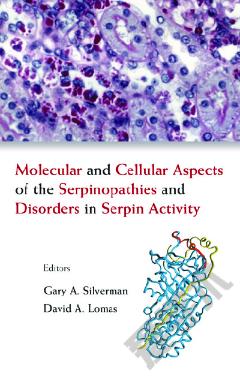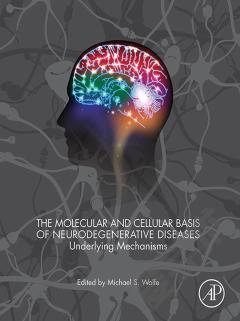Molecular And Cellular Aspects Of The Serpinopathies And Disorders In Serpin Activity
Serpins constitute a superfamily of proteins that possess a unique tertiary structure and mechanism of proteinase inhibition. In humans, serpins constitute 10% of the plasma proteins and are best known as critical regulators of both the thrombotic and fibrinolytic systems. Serpins also participate in the regulation of the complement cascade, angiogenesis, tumor metastasis, apoptosis and innate immunity. Considering the importance of these molecules in regulating proteolytic cascades, it is not surprising to find that loss- and gain-of-function mutations result in significant human diseases.Massive thrombosis or bleeding, hereditary angioedema, Alzheimer's disease, diabetic angiopathy and tumor invasion are some of the human diseases associated with serpins. In addition, mutations that alter serpin conformations (the serpinopathies) lead to lung disease, cirrhosis and a form of familial dementia. The goal of this text is to present the current knowledge on the molecular and cellular basis of serpins and their diseases.
{{comment.content}}








 京公网安备 11010802027623号
京公网安备 11010802027623号